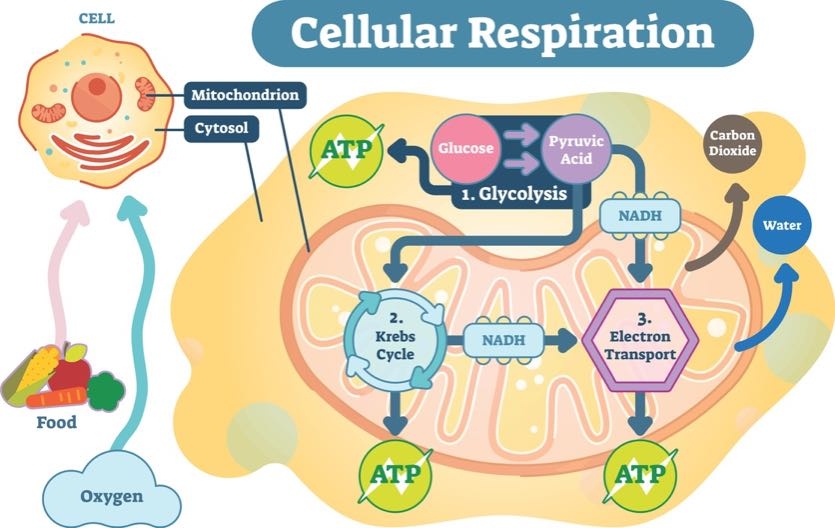The Incredible Egg-speriment: How One Man Ate 30 Eggs a Day and Cracked the Cholesterol Code
Imagine eating 30 eggs every single day. For most of us, that sounds like a recipe for high cholesterol and a serious case of egg fatigue. But for Dr. Nick Norwitz, a brilliant mind from Harvard, it was a deliberate, scientific experiment. He didn't just eat eggs; he ate a staggering 700-plus eggs in a single month to challenge conventional wisdom about diet and health. And what he discovered might just scramble everything you thought you knew.
The Bold Bet: Challenging Cholesterol Myths
The common narrative has long linked high dietary cholesterol, especially from foods like eggs, to elevated "bad" LDL cholesterol levels and an increased risk of heart disease. Dr. Norwitz, however, suspected this story wasn't quite complete. Armed with a PhD in neurometabolism from Oxford and currently pursuing his MD at Harvard, he embarked on an extreme dietary challenge. His goal? To see if quintupling his cholesterol intake through eggs would, as widely believed, send his LDL soaring. The results were nothing short of astonishing.
A Shocking Revelation: LDL Levels Plummet
Against all expectations, Dr. Norwitz's LDL cholesterol didn't just stay stable; it dropped by nearly 20 percent. This counter-intuitive outcome highlights the complex interplay between diet, individual metabolism, and cholesterol regulation. While the sheer volume of eggs was the star of the show, a crucial turning point came in the latter half of his experiment when he reintroduced a modest amount of carbohydrates – around 60 grams a day – in the form of fruits like blueberries, bananas, and strawberries.
Norwitz, identifying as a "lean mass hyper-responder," explains that on a very low-carb, high-fat diet (like keto), his LDL tends to increase. By strategically reintroducing carbohydrates, even in small quantities, he effectively signaled his body to slow down its fat-burning processes, which, for him, led to a significant reduction in LDL. It's a fascinating insight into how different metabolic profiles respond to dietary changes.
Beyond the Yolk: A Lesson in Media and Science
Beyond the remarkable physiological findings, Norwitz's egg-speriment served another clever purpose: to demonstrate the power of extreme messaging in the age of social media. The headline "720 eggs in a month" is designed to be outrageous, to grab attention, and to spark conversation. And it worked. His story became a viral sensation, proving that sometimes, to get people to pay attention to serious science, you need a little bit of shock and awe.
So, the next time you're cracking open an egg, remember Dr. Norwitz. His audacious experiment reminds us that the human body is an incredibly complex system, and sometimes, the most surprising truths are found when we dare to challenge the status quo. It's a powerful reminder to question, to experiment, and to never stop learning about the intricate dance between what we eat and how our bodies respond.





No comments:
Post a Comment